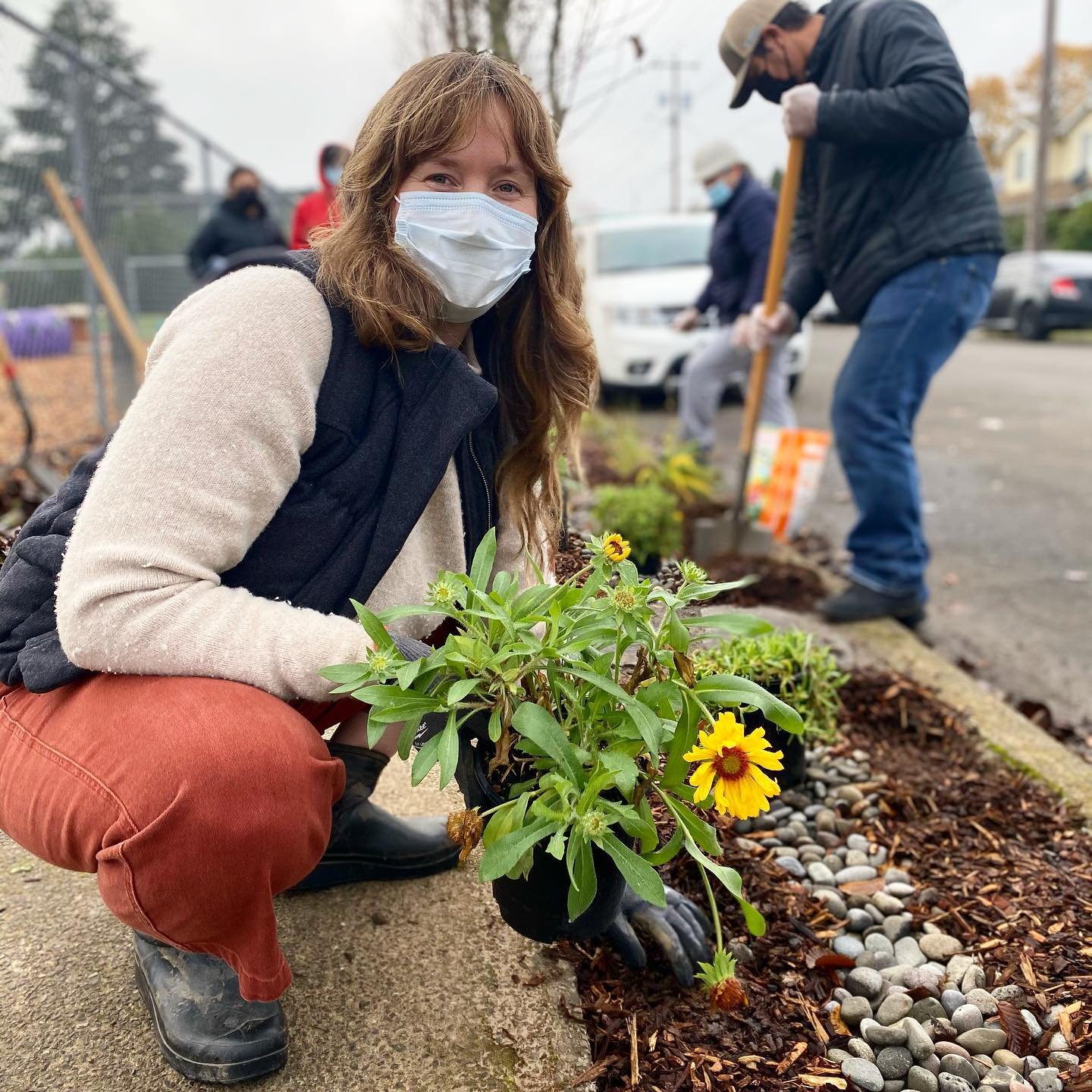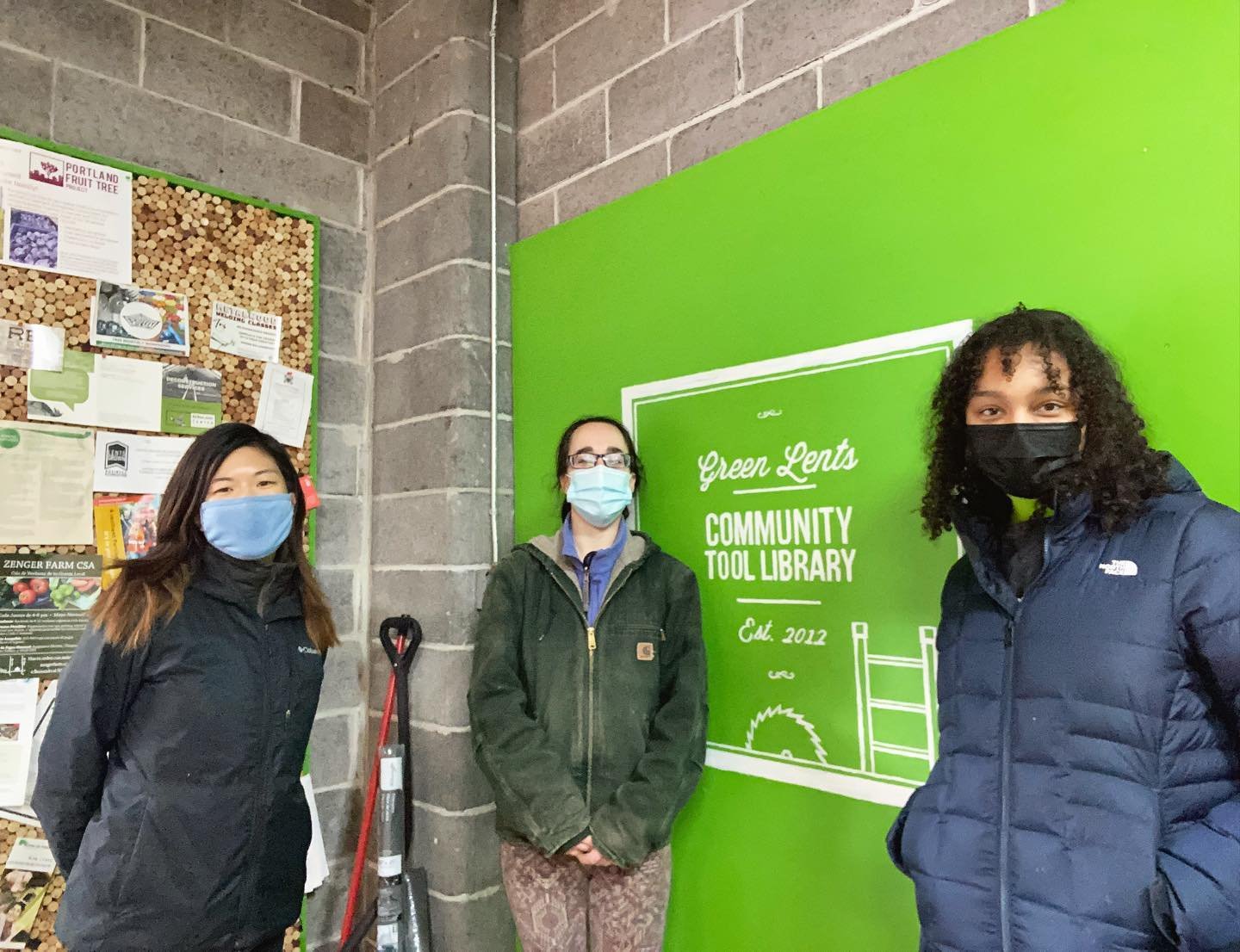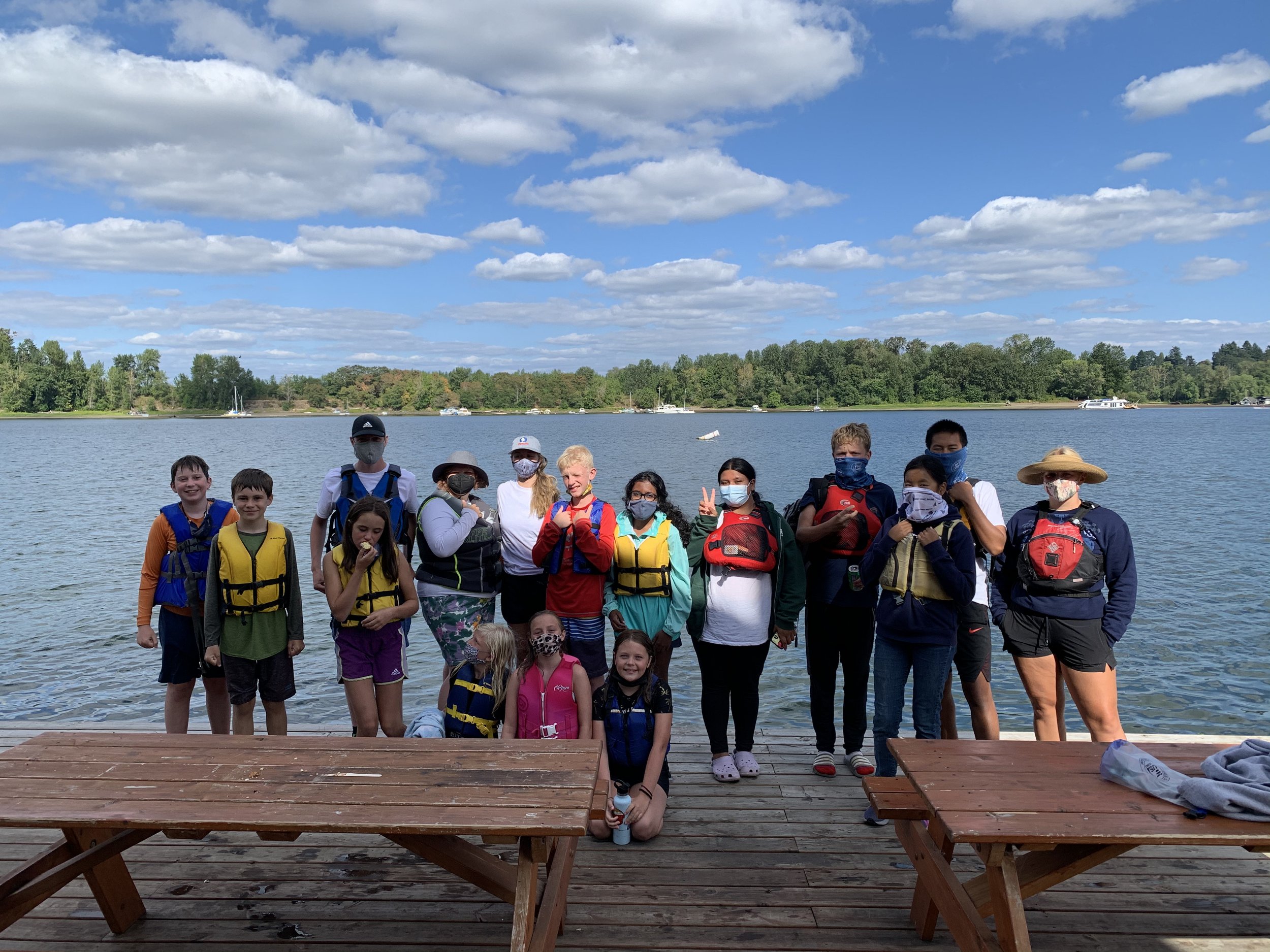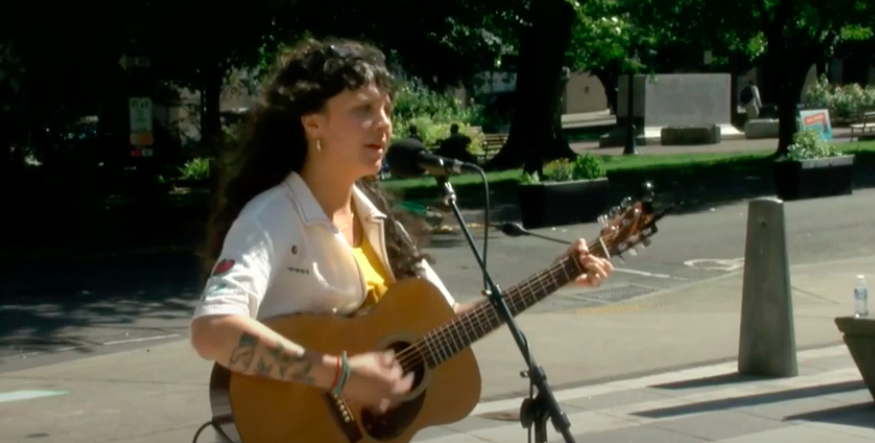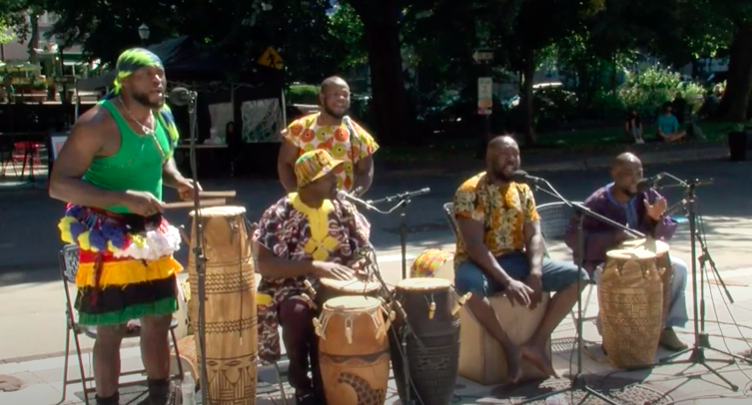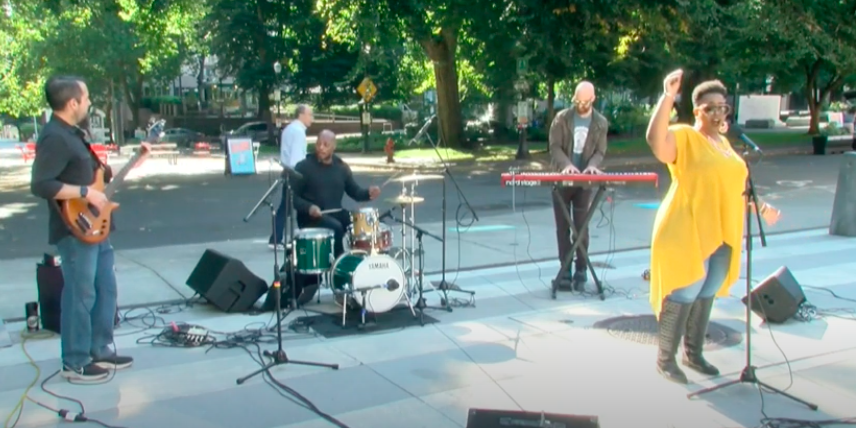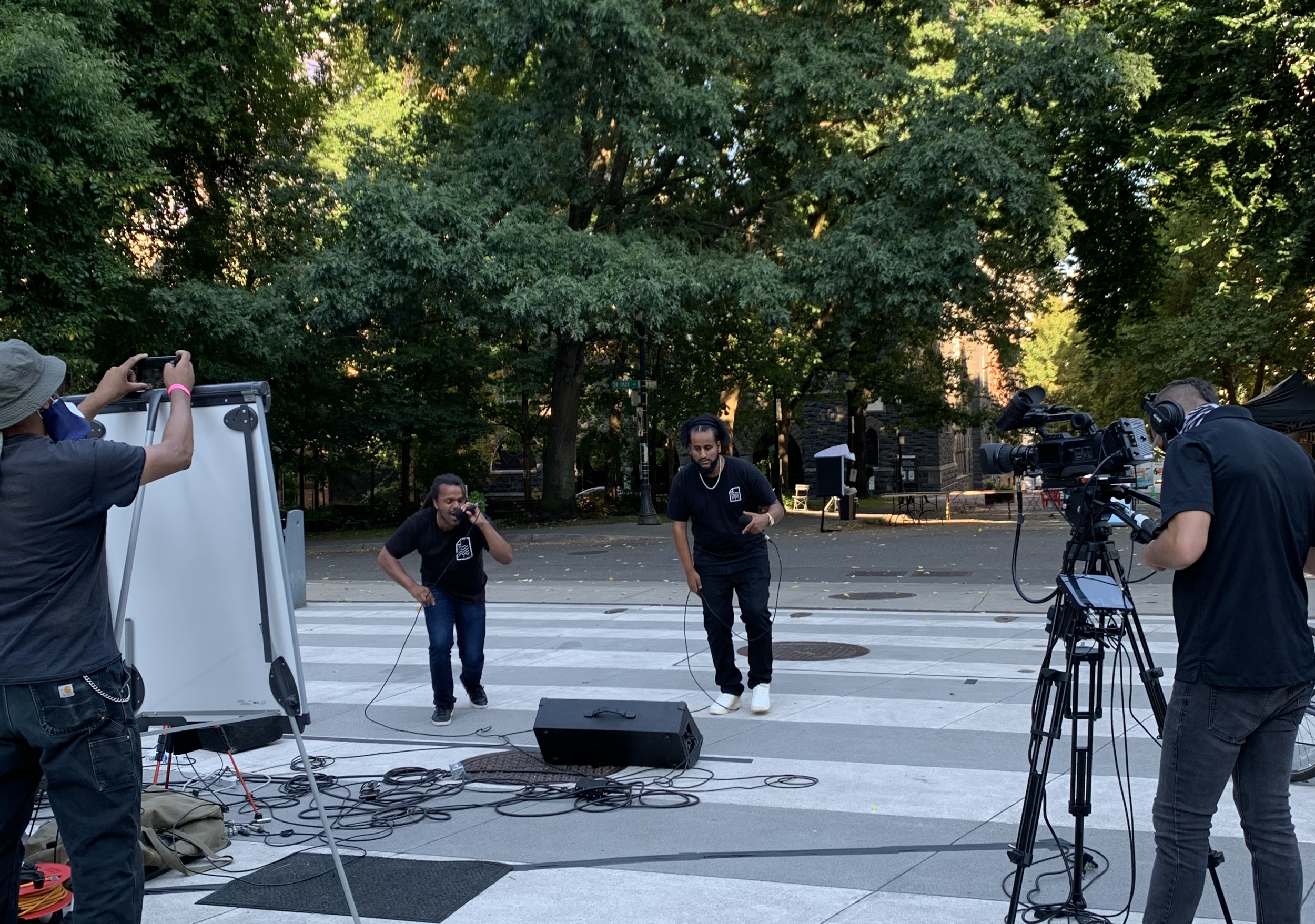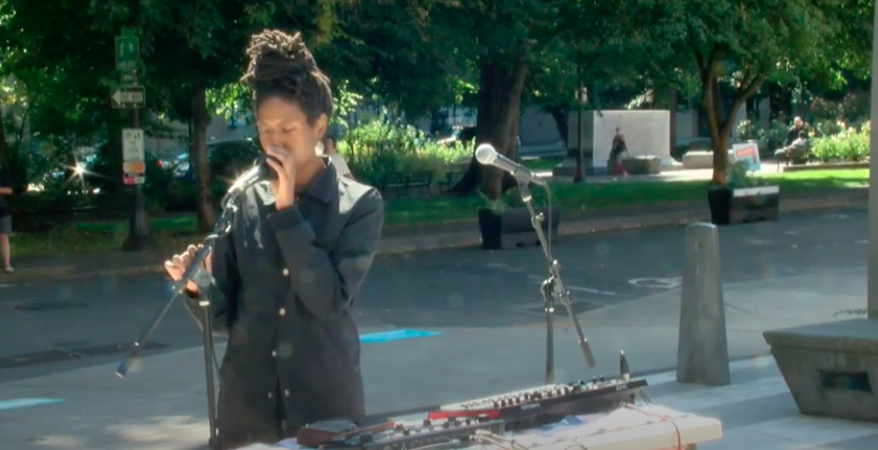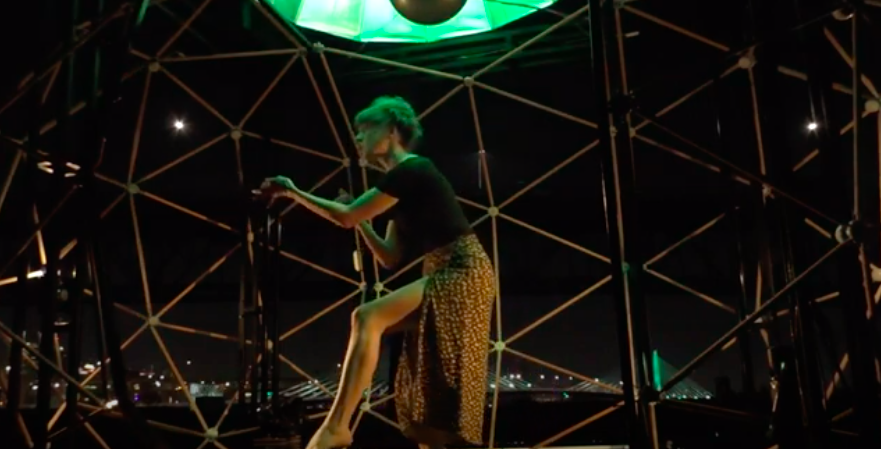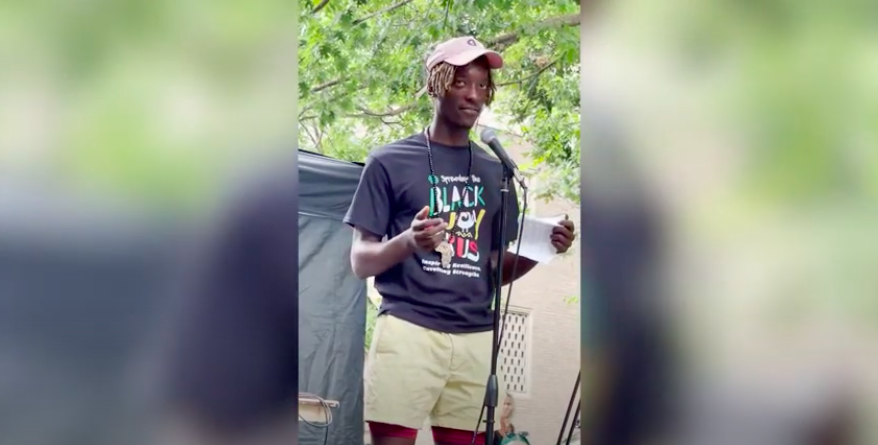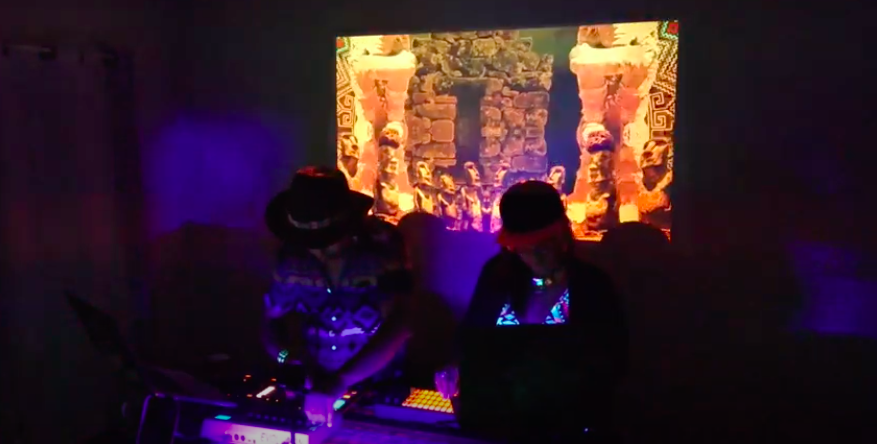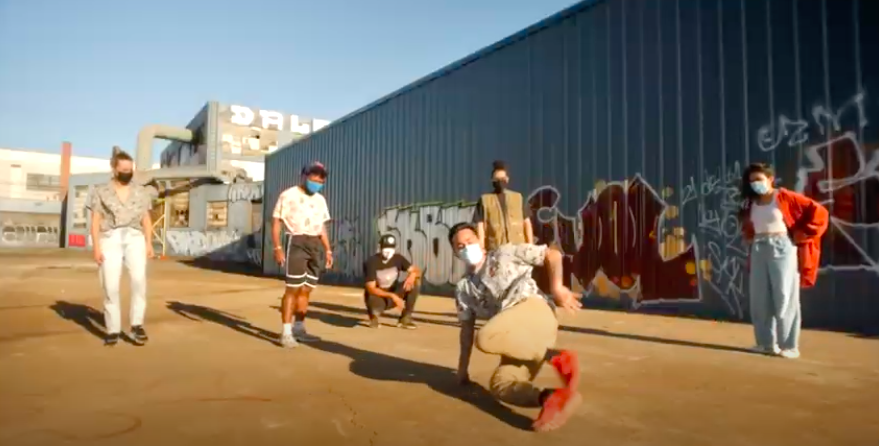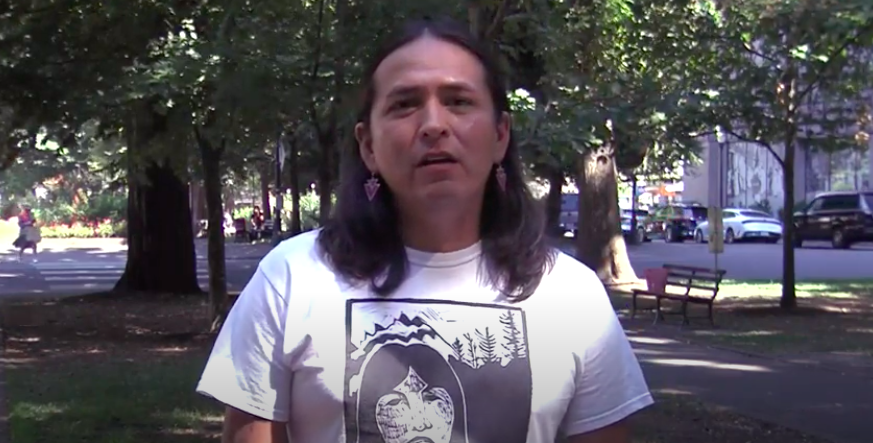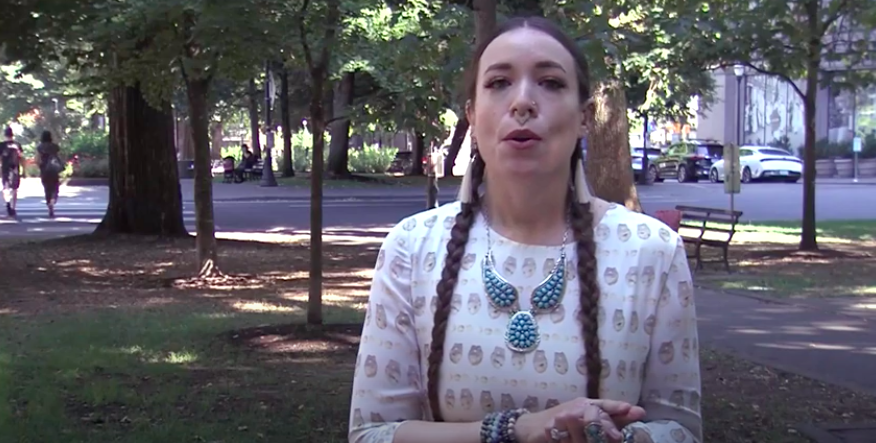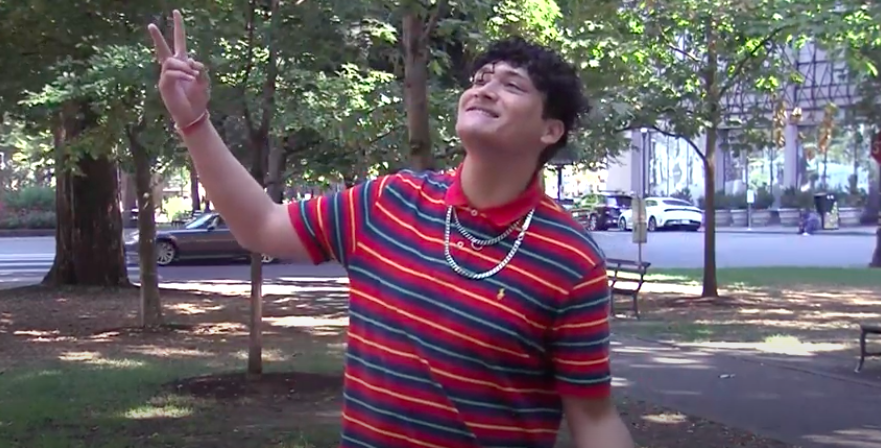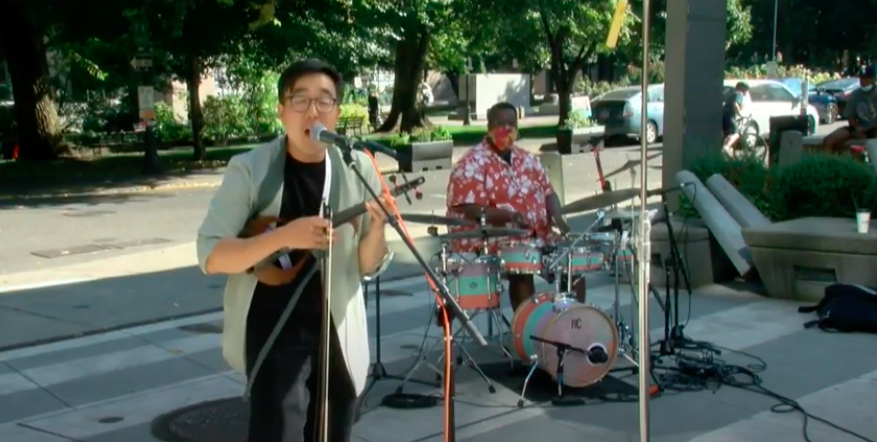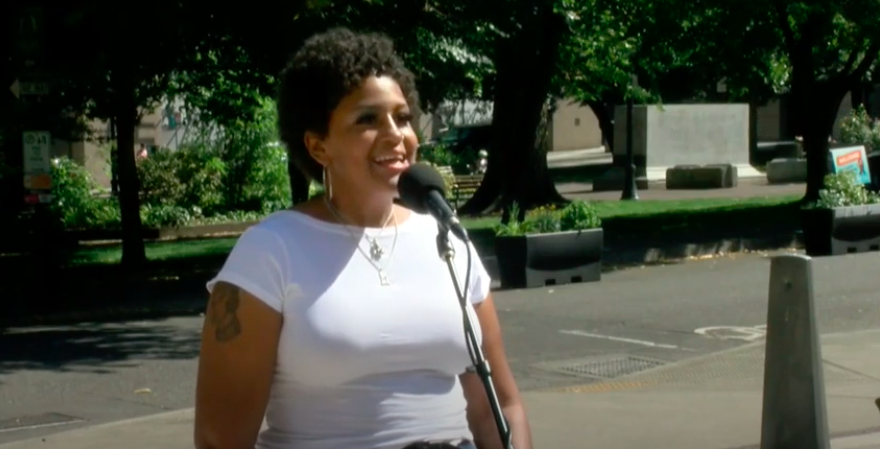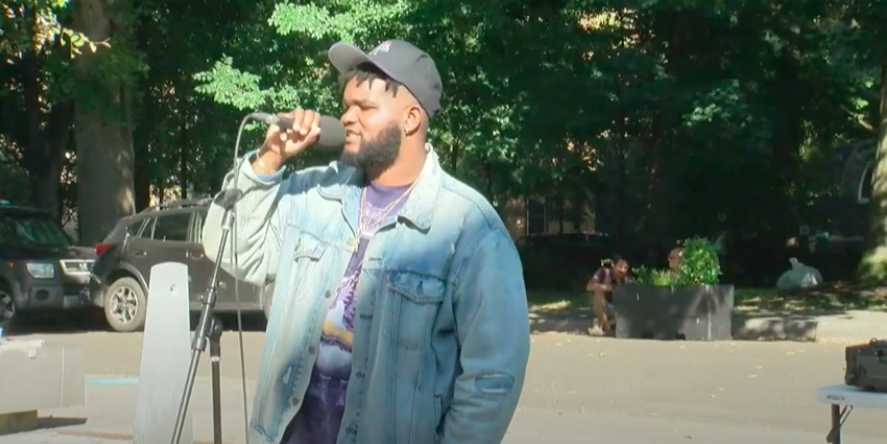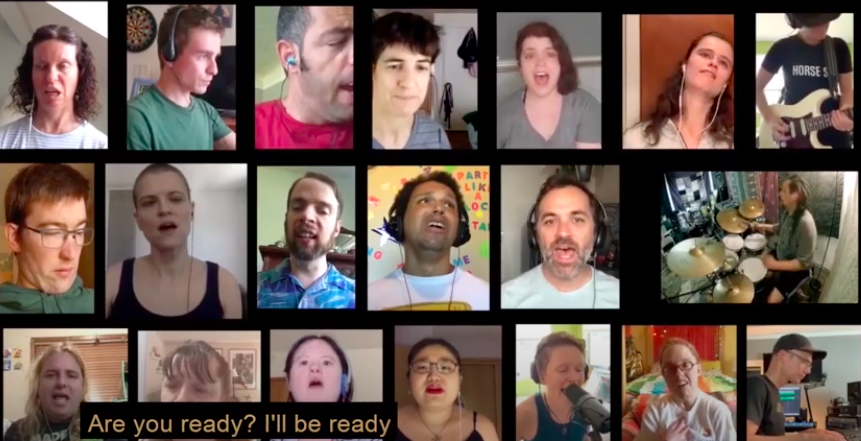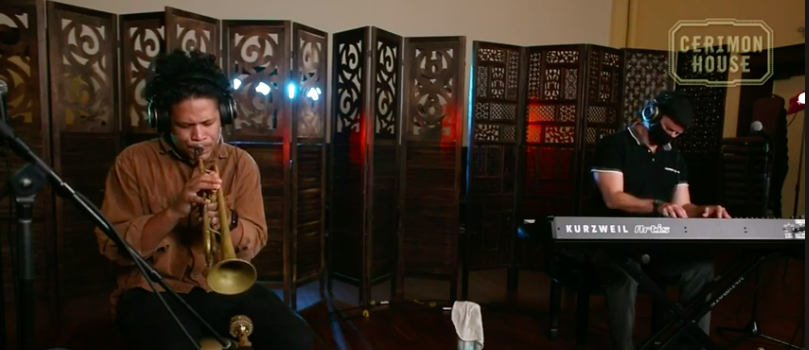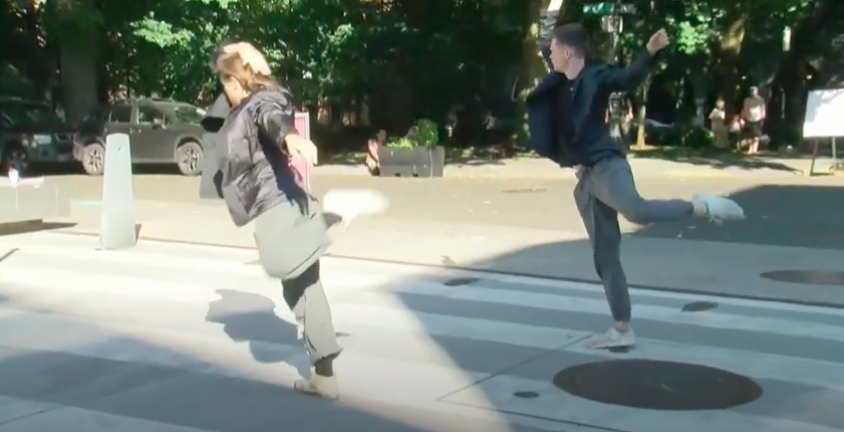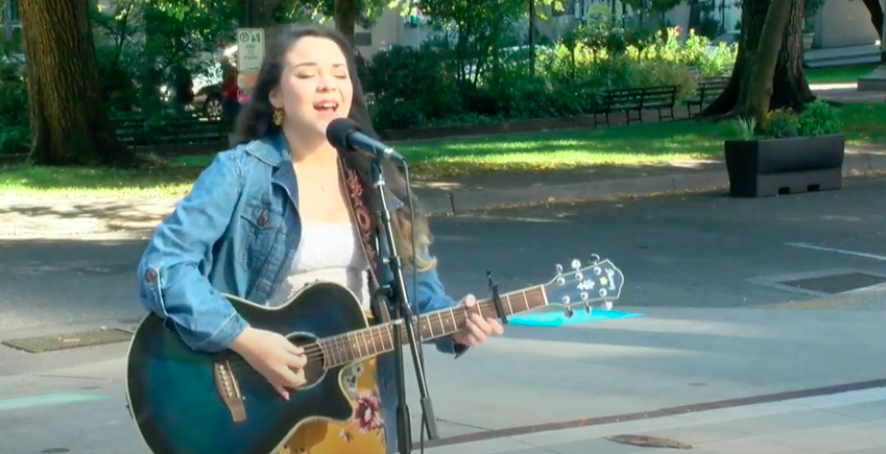Portland Parks Foundation (PPF) is sad to share that our founding board member and longtime supporter Jim Meyer has died. Portland has lost a quiet force and civic leader of the highest caliber.
“The Portland Parks Foundation and the Portland Parks Board likely would not have happened without Jim Meyer and Joey Pope,” says Jim Francesconi, who as Parks Commissioner in the ‘90s spearheaded Vision 2020 that first conceptualized both. “Jim did for Parks what he accomplished for others, including his beloved Jewish community. And he did it the same way: behind the scenes; no ego; and by supporting, developing and mentoring others. With his wife Lora and his quiet but deep financial and personal commitments, he legitimatized our cause with other business, philanthropic and community leaders.”
Jim touched practically every public issue and cause, serving over many decades on the boards of Oregon Community Foundation, Portland Schools Foundation (now All Hands Raised) and Northwest Health Foundation. He helped found the Oregon Jewish Community Foundation, serving as its second president.
“Jim Meyer was firm in his belief of the importance of parks to all people of Portland,” says Julie Vigeland, emeritus board member of PPF. “His belief in parks led him to not only speak out for our parks but actively advocate and fundraise for them. It is visionaries like Jim who ensure that Portland will always be known for our parks.”
A memorial was held on Oct. 25 at Congregation Neveh Shalom, with interment at Ahavai Shalom Cemetery. We send our condolences to Jim’s widow, Lora Meyer, and children, Mark and Marcia Meyer, of Portland, Tom and Shawn Fields-Meyer, of Los Angeles, and Richard and Erika Meyer, of Portland.








